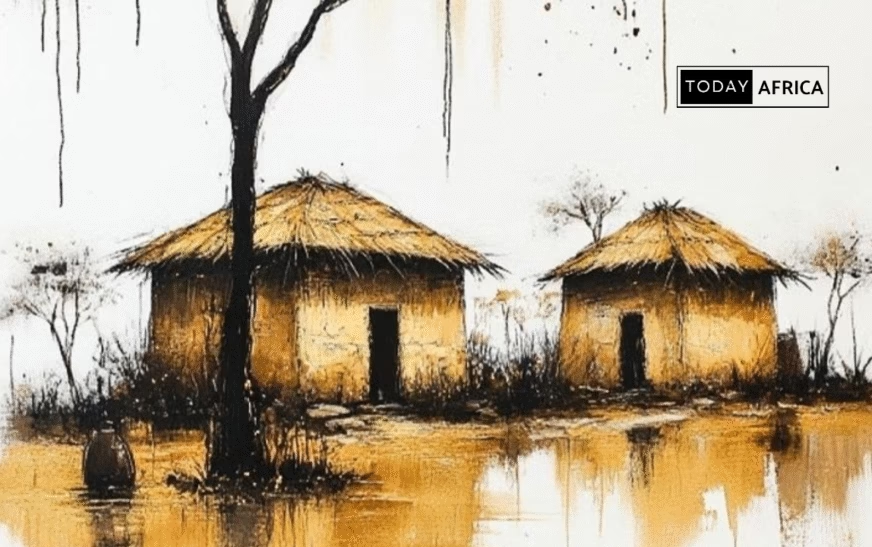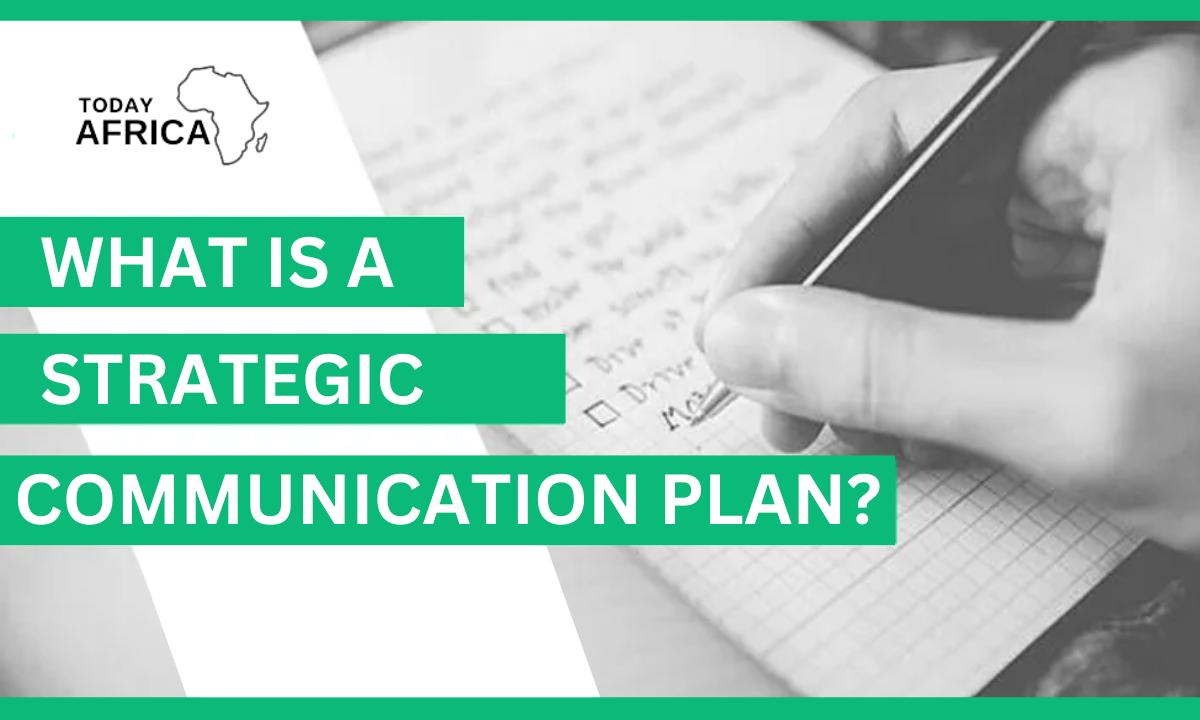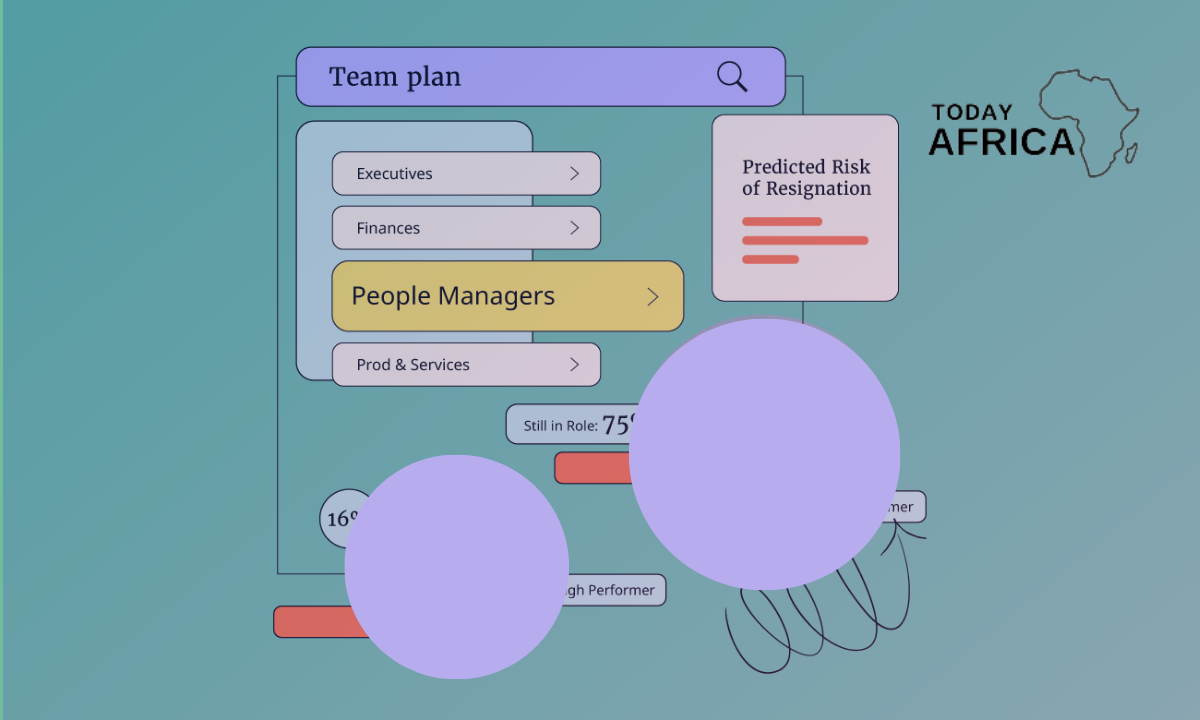It’s 8 a.m. in Lagos. A small fintech team fires up their Slack channel, synchronises headsets, and begins their sprint. Yet the tone is calm.
No all-nighters. No frenzied pivoting. They’re growing, but at a speed that doesn’t feel reckless.
It’s a small scene, but it hints at a bigger shift. Across Africa’s startup ecosystem, this kind of careful acceleration is becoming more common.
Why does this matter now?
Because the times demand it. Funding is tighter. Infrastructure is shaky in many places. Markets are volatile. The old playbook of “raise big, burn fast, hope for a big exit” is giving way, or at least getting a serious reality check.
In this article, we’ll discover how African startups are growing without burning out, drawing on data, regional perspectives, and examples to map how this transition is happening.
Growth, but under more modest terms
Let’s set the scene. The startup scene in Africa is no longer a side note.
A 2025 article by Today Africa states that in the first half of the year, startups on the continent raised more than USD 1 billion, a roughly 40% increase over the same period in 2024.
Yet even as investment flows, the reality is complicated.
Many companies are finding that scaling in Africa means walking a tightrope between ambitious growth and the real risk of collapse.
An article by Techpoint quoted the startling statistic, more than 50 % of African startups may not survive past the first few years. Why is burnout or worse, collapse, such a threat here?
High stakes, thin buffers
Many African startups start lean, but when growth accelerates, the operational demands mount fast.
In markets where currency volatility, weak infrastructure, limited talent and regulatory complexity are daily features, what looks like “growth” may in fact be stress in disguise.
A report on scaling found that the transition from early-stage to growth often fails because the business model only works at a small scale, or the organisational systems aren’t ready.
Founders frequently admit to being pulled in every direction: acquiring customers, building tech, managing compliance, fundraising, and hiring.
In the African context, those early years often don’t leave much margin for the founder’s well-being or for sustainable rhythms.
For example, one article by The Kenya Times notes that many African startups have founders attempting to handle “every aspect” of the business, a setup that “limits growth potential … and leads to burnout.”
So when we talk about “growing without burning out,” it isn’t just about the personal well-being of founders. It’s about the enterprise, and how it marshals growth in a way that avoids collapse.
Read Also: How to Build B2B Partnerships in Fragmented African Markets
New growth rhythm: smarter, leaner, steadier
What does it look like when growth is managed rather than rushed? Here are some of the patterns I’m seeing, less flashy than “raise giant round in six months,” but arguably more durable.
Lean scaling through tech and partnerships
One of the clearest shifts is in how teams are built (or limited) and how operations are structured.
A recent article covering African startups highlighted that with limited access to deep talent pools or massive budgets, many firms are choosing to scale without a huge team.
They’re leaning harder on automation, remote talent, partnerships, and doing more with less.
For instance, a fintech company in Nairobi reportedly reduced its customer-service workload by nearly 60 % by using intelligent chatbots and self-service tools, freeing a small team to focus on more strategic work.
In other sectors, agritech or logistics firms are forming alliances rather than building full stacks themselves.
The “you don’t own every part of the value-chain” mindset is gaining traction, especially where the capital cost of owning everything would lead to burn. This is partly about survival, partly about smarter growth.
Purpose-anchored growth
Another theme: growth motivated by outcome rather than exit. African startup observers note that many ventures are moving away from “big exit” thinking and toward “sustainable impact with growth” thinking.
When the founders care deeply about solving a clearly defined local problem, financial inclusion, energy access, or health, they often build companies that are more rooted and less overextended.
The logic: fix the problem, serve the market, scale at a pace you can afford.
Growth with boundaries
This is perhaps less visible but equally important: setting boundaries around scale, complexity, burn.
I found articles arguing that one of the reasons African startups fail is “premature scaling”, expanding too fast without product-market fit, infrastructure, or team.
In contrast, those who grow steadily often:
- Validate their product-market fit and iterate before trying to scale nationally or continent-wide
- Keep burn rates manageable
- Hire carefully and build systems gradually
- Recognise that growth means scaling more than users, it means scaling operations, culture, compliance, infrastructure
This is growth that wants to last, rather than growth that aims only to sprint.
Related Story: How to Build Scalable Distribution Channels in Africa
How this is playing out across Africa
It’s worth remembering that “Africa” isn’t one market. The dynamics differ from Lagos to Nairobi to Cape Town to Dakar. And the ways of avoiding burnout differ accordingly.
Nigeria and West Africa
As one of the largest startup markets on the continent, Nigeria offers both opportunity and risk.
There are lots of brilliant fintechs, logistic firms, creative firms, but also intense competition, regulatory shifts, macro-risk (currency, inflation), and peak ‘burn’ culture.
Many Nigerian-based founders report that the pressure to grow fast is intense.
Yet some are choosing different paths. For example, as we noted earlier, several Nigerian firms are growing steadily without huge headcounts or hyper-aggressive expansion.
Bootstrapping is becoming more visible, for example, a Nigerian brand that expanded directly through proprietary sites, year-on-year growth, without major external capital.
This points to a mentality shift: growth is still the goal, but building in resilience, controlling cost, and keeping founder sanity.

East Africa (Kenya, Uganda, Tanzania)
East Africa has some infrastructure advantages: higher mobile-money penetration in Kenya, mature fintech ecosystems, growing regional hubs.
But that doesn’t mean it’s easy. Scaling still triggers infrastructure, talent, hiring, regulatory pain.
Here, many startups seem to focus on local strength and incremental growth. For instance, agritech or logistics firms don’t always chase continental pivot immediately; they deepen their local base, build operations that can carry weight, then expand.
Articles show that in this region, smart partnerships and leveraging mobile-money or mobile-network infrastructure (already widely adopted) are key. That alignment helps avoid “burn” from building from scratch.
Southern Africa (South Africa, etc)
In South Africa, ecosystems are more mature, teams are more available, talent depth is deeper, but so are the costs, competition, and regulatory burdens.
For Southern African startups wanting sustainable growth, the challenge can be: “What is the path to create meaningful scale without layoffs, without massive staff churn, without founders collapsing?”
Some of the tactics I see: focusing on profitability early; building stable revenue streams; using hybrid remote/local staffing; rigorous cost-control.
What founders are doing differently (if they follow the playbook)
Putting together the pieces, there is a set of practices (not guaranteed, but evident) that help African startups grow without burning out.
1. Measure operations as seriously as growth
It’s tempting to look at user-numbers, revenue growth, funding rounds. But for sustainable growth you also need to monitor: burn rate, team load, technical debt, customer-service load, regional regulatory risk, currency risk.
Scaling is not just about adding users; it’s scaling everything (ops, infrastructure, people).
So if you’re a founder and you feel like you’re always firefighting, maybe the growth is coming but the systems aren’t there yet. Pause. Invest.
2. Build a team carefully, don’t just hire fast
Fast hiring is fun. But many African founders have reported that they are handling “everything” themselves early on and then get stuck.
Instead, identify key roles, invest in local talent if possible (they know the context), build a culture that supports growth without burnout (remotes, work-life conversation, manageable scope).
Also, consider alternative team structures, outsourcing non-core functions, third-party logistics, remote engineers, and freelancers. The lean scaling article emphasises these methods.
3. Stay focused on the core value proposition
It’s easy to get excited and diversify, add verticals, chase new geographies. Yet many startups in Africa have been undone by “chasing everything”.
Lack of focus on the core product is a frequent cause of collapse..
So, ask, do we know our value proposition? Are we refining it before expanding it? Have we built a model that works locally before trying to go continent-wide?
4. Build for infrastructure, risk-proof for volatility
Let’s be real, Africa’s operating environment will push you. Currency risk. Power cuts. Infrastructure downtime. Regulatory shifts. Talent gaps.
One of the highest failure points for startups in Africa is trying to scale without factoring in these risks
Therefore, build out operations that don’t collapse when a storm hits. Maintain buffer capital, use repeatable processes, invest early in compliance, data systems, and ops teams.
Even if growth seems slower, the payoff is resilience.
5. Rethink “scale fast” culture, choose sustainable over spectacular
In Western startup land, “go big or go home” is common. In Africa, given the context, sustainable growth may yield better outcomes.
The article about Africa’s last few years noted that growth-stage funding declined, forcing startups to become leaner and more resilient.
That shift might be one of the silver linings: fewer mega-rounds, more focus on business fundamentals. If you’re building, maybe it’s okay to aim for solid profitability, manageable growth and keep founder sanity intact.
Read Also: Expanding into Francophone Africa: Challenges and Playbook
What still stands in the way
Even as many founders adjust their growth models, the environment still throws big obstacles. Some key issues:
Talent & leadership pipelines
A serious challenge is delivering senior talent and management capability at scale.
A report emphasised the talent gap: “70% of startups struggle to find skilled professionals, especially in software, data science…”
Scaling means different skills than launching. Many founders are first-time, may lack operations experience, and cannot always attract top managers.
Building that leadership bench is hard, and if you don’t, growth can get mismanaged or founder burden can intensify.

Infrastructure & market complexity
Operational friction remains real. Infrastructure gaps, logistics costs, weak markets, regulatory uncertainty.
A theme I found is that many startups don’t fail because of bad idea, they fail because they neglected operations, distribution, and cost structures.
For example, moving goods in certain African countries can cost “3.5 to 5.3 times” that of the U.S. for the same product path. That kind of cost eats margin and speeds burnout.
Cultural expectations & founder stress
There’s an emotional side, too. Some research points to the “fear of success or failure”, cultural dynamics where growth means more than business; it can mean shifting identity, expectations, and community pressure.
Founders in Africa often carry more than the business; they carry community hope, they face social dynamics, and they may not have visible role models for scaling sustainably.
That can make the “no-burnout” path harder psychologically.
Funding models and investor expectations
Finally: funding still matters. Investors often still expect rapid scaling. There is a mismatch sometimes between what the market allows (given risk) and what the founders/VCs hope for.
As the market tightens, startups need to show unit economics, sustainability, not just growth stories. This shift might actually help the “without burnout” agenda, but transition phases are rough.
Conclusion
We often chase the “unicorn” headlines, huge valuations, rapid expansion, and dramatic exits. But what if Africa’s next wave of startup success looks different?
What if we measure success not by how fast you grow but by how long you can sustain growth? Not by how many people you hired this quarter, but by how much less burnout you have next quarter?
In this sense, African startups that grow without burning out are pioneering a new narrative, one that matters not just for the business but for the ecosystem, for founders, and for communities.
In Africa, where context is complex, resources are stretched, and expectations are high, building a business that lasts may mean racing a slower, steadier course.
And maybe that’s the smart race to win anyway.
Leave a comment and follow us on social media for more tips:
- Facebook: Today Africa
- Instagram: Today Africa
- Twitter: Today Africa
- LinkedIn: Today Africa
- YouTube: Today Africa Studio

















2 Comments
Your writing has a way of resonating with me on a deep level. I appreciate the honesty and authenticity you bring to every post.
Thank you for finding value in the article.
Comments are closed.